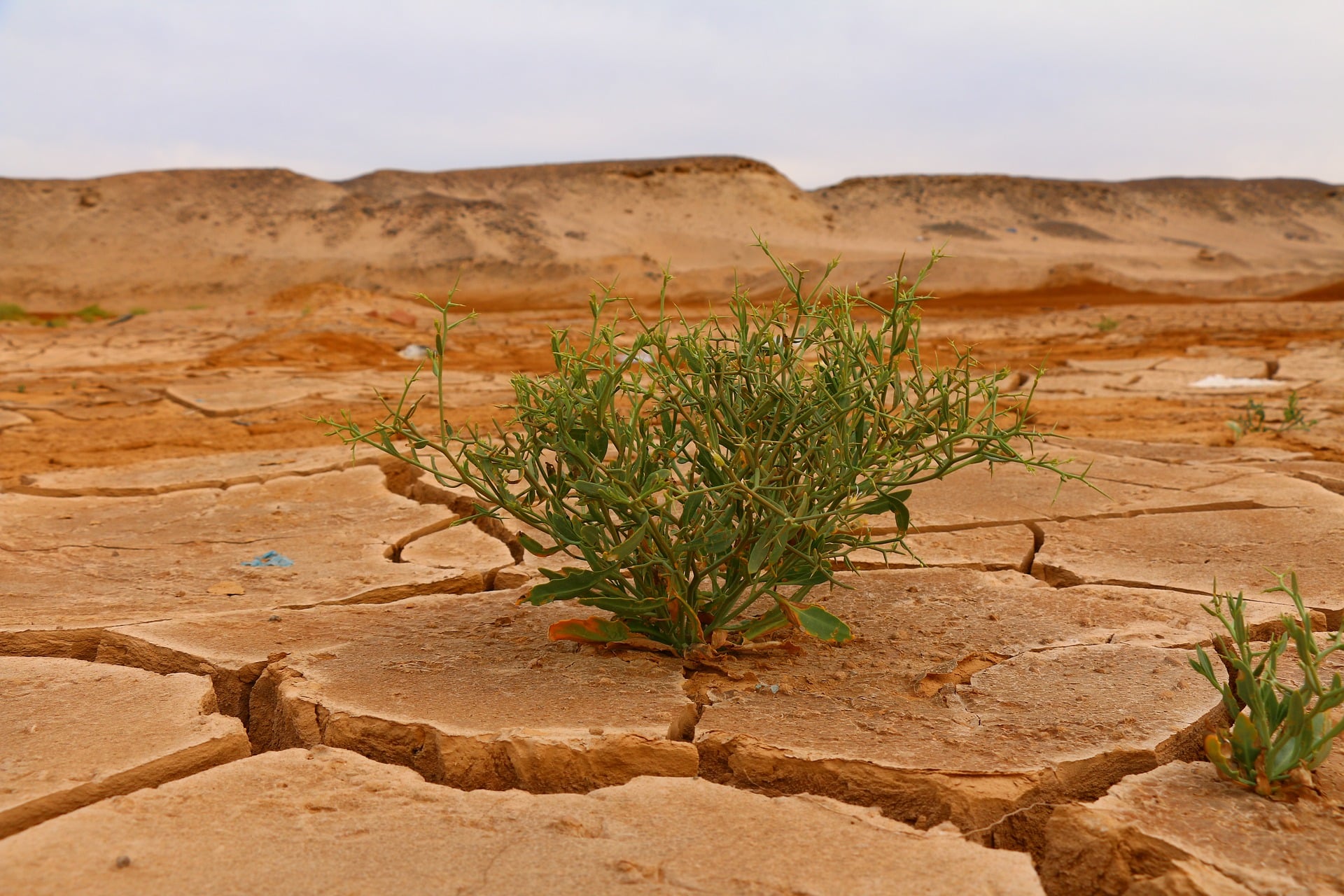Southeast Asia must tackle climate change collectively as a critical challenge. The region is at risk of more severe consequences than other parts of the world. McKinsey Global Institute said in a report that Asia as a region faces hazards including flooding, drought, severe typhoons as well as conditions of rising heat and humidity. Moreover, the COVID-19 pandemic is highlighting the importance of risk and resilience to lives and livelihoods.
Jonathan Woetzel, Director at McKinsey Global Institute, says that as the world focuses on recovery, it is important not to lose sight of the role that climate plays. “Asia faces climate hazards with potentially severe socioeconomic impacts, and thus has a keen interest in playing a front-line role in addressing the challenges,” he said. “We estimate that by 2050, between 500 million and 700 million people in Frontier Asia (Bangladesh, India and Pakistan) could live in regions that have an annual probability of a lethal heatwave of about 20%,” he said.
According to the report, between $2.8 trillion and $4.7 trillion of GDP in Asia, by the year 2050, will be at risk every year from a loss of effective outdoor working hours due to higher temperatures, and humidity. It further says that Asian countries with lower levels of per capita GDP would be at most risk, and the poor will be hit hardest. These countries are more exposed to extreme climates than the wealthy, relying more on outdoor work and natural capital, and may have fewer financial means to adapt.
The McKinsey report points out that Southeast Asia has an advantage. It said infrastructure and urban areas are still being built. This gives countries a chance to build infrastructure that is more resilient to extreme climate changes and can withstand severe events.



Pingback: SenseHawk raises USD 5.1 million from Alpha Wave Incubation, SAIF Partners | The Plunge Daily